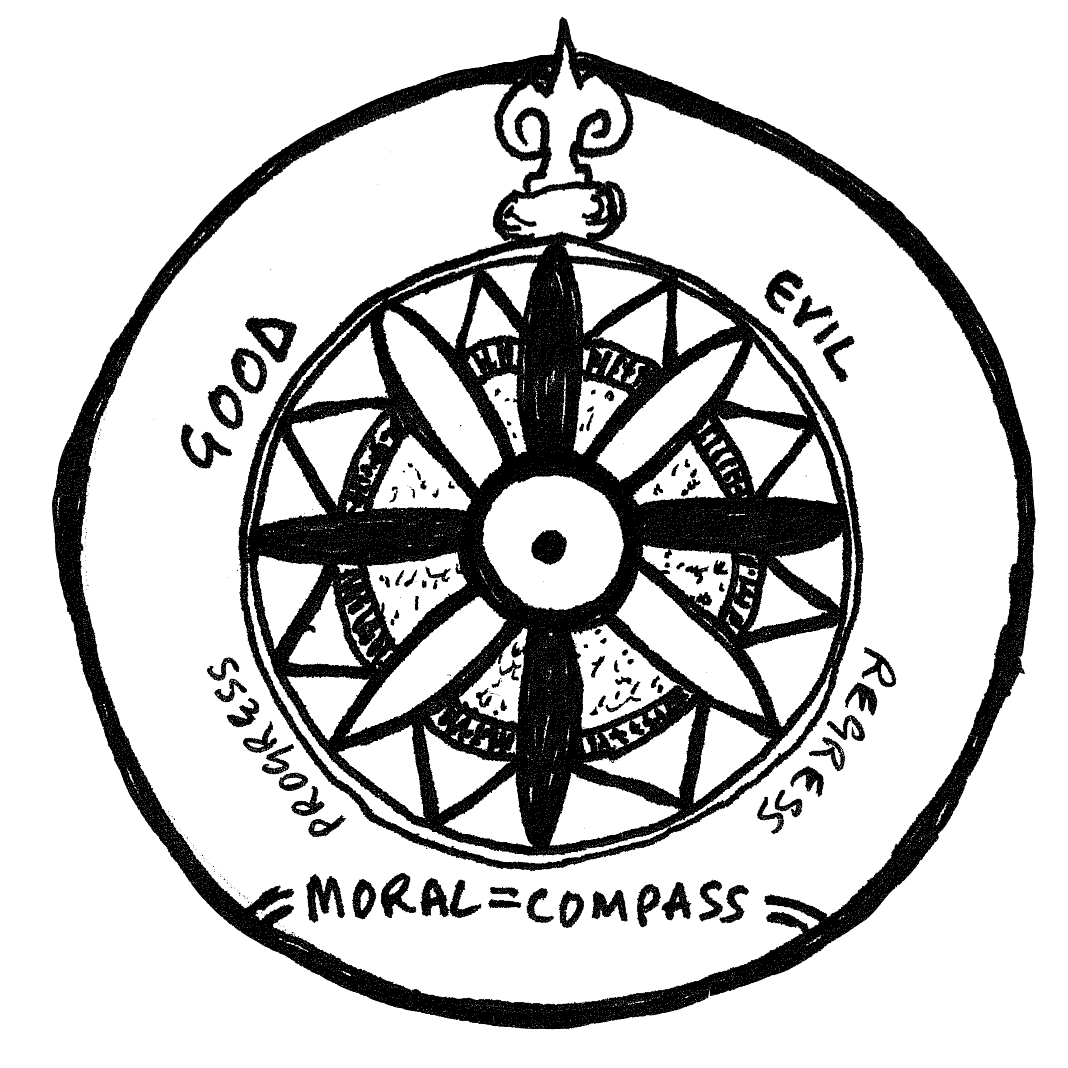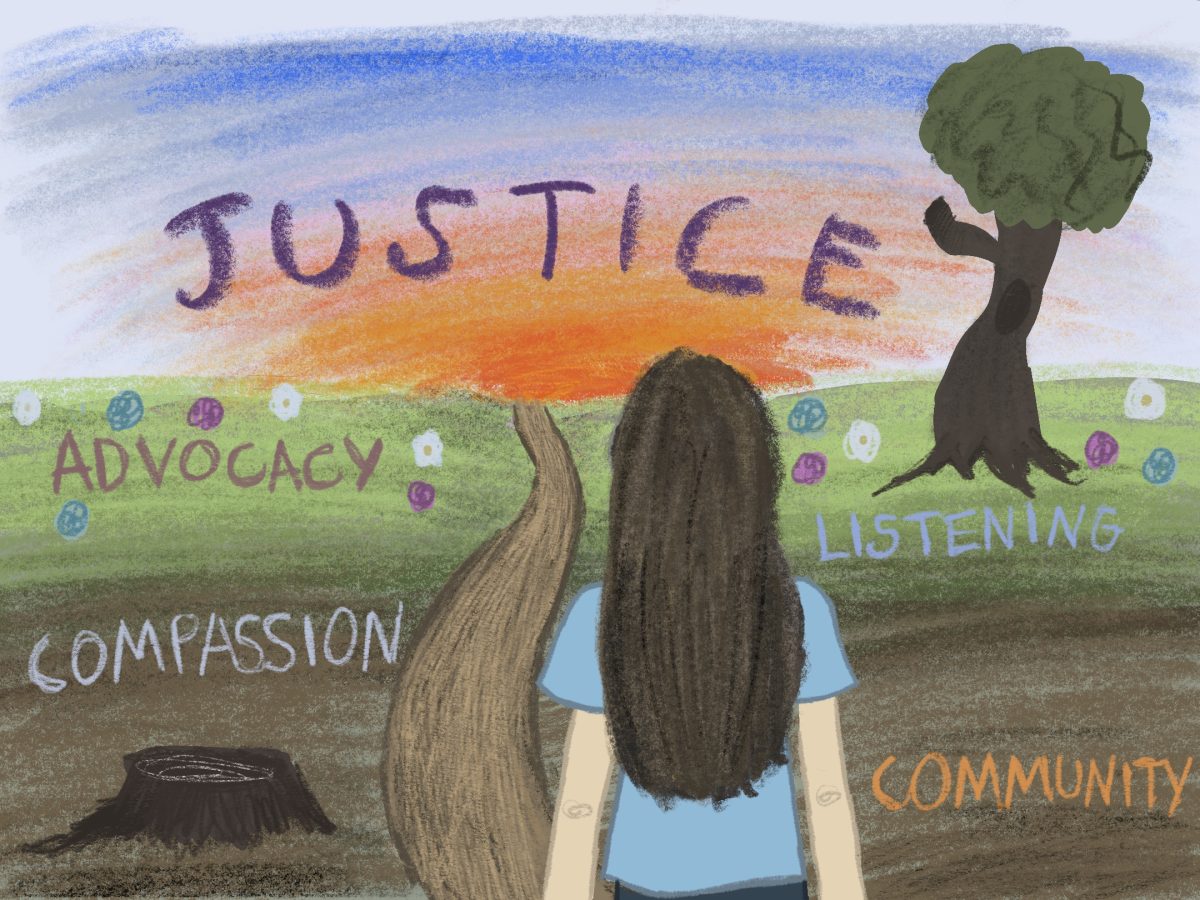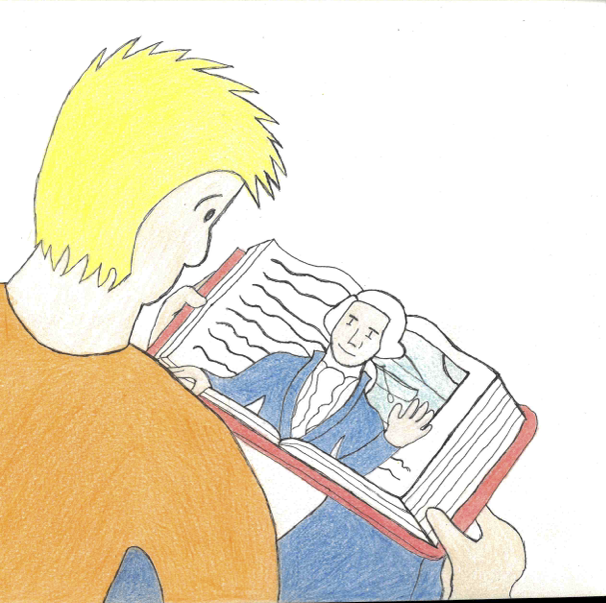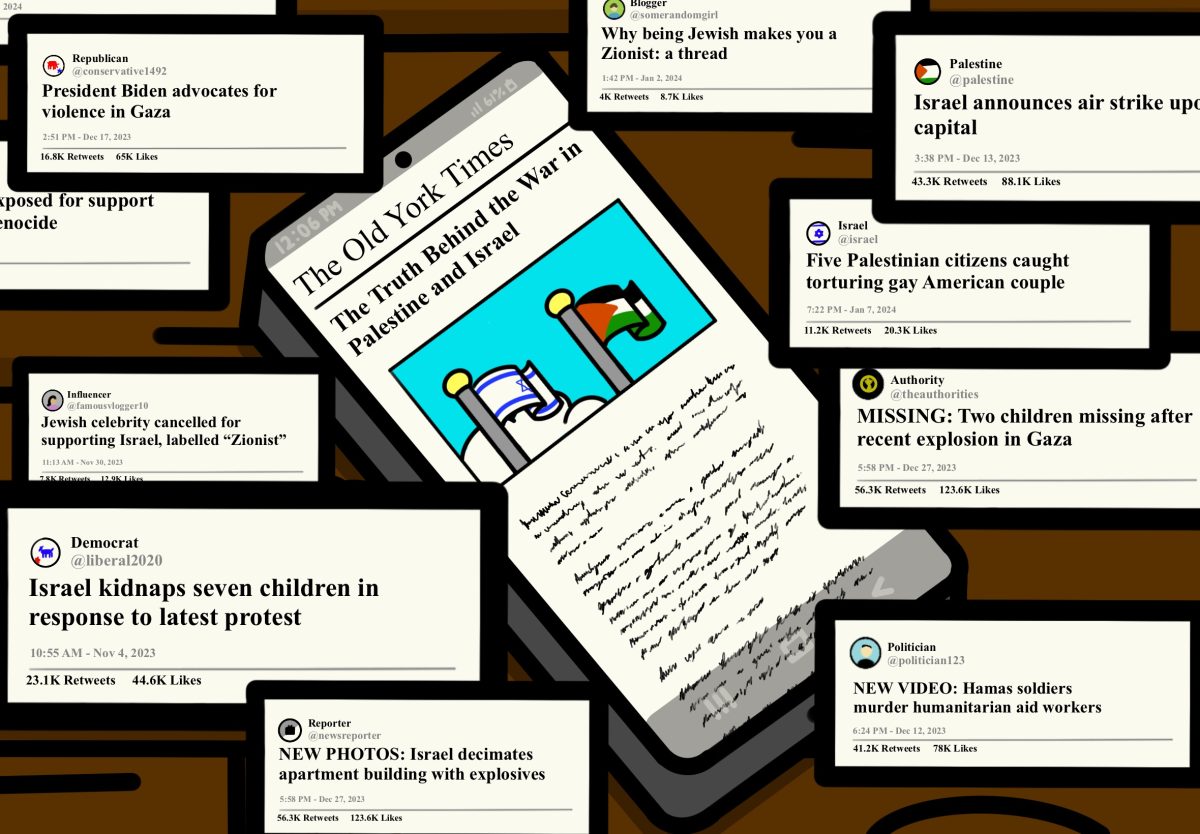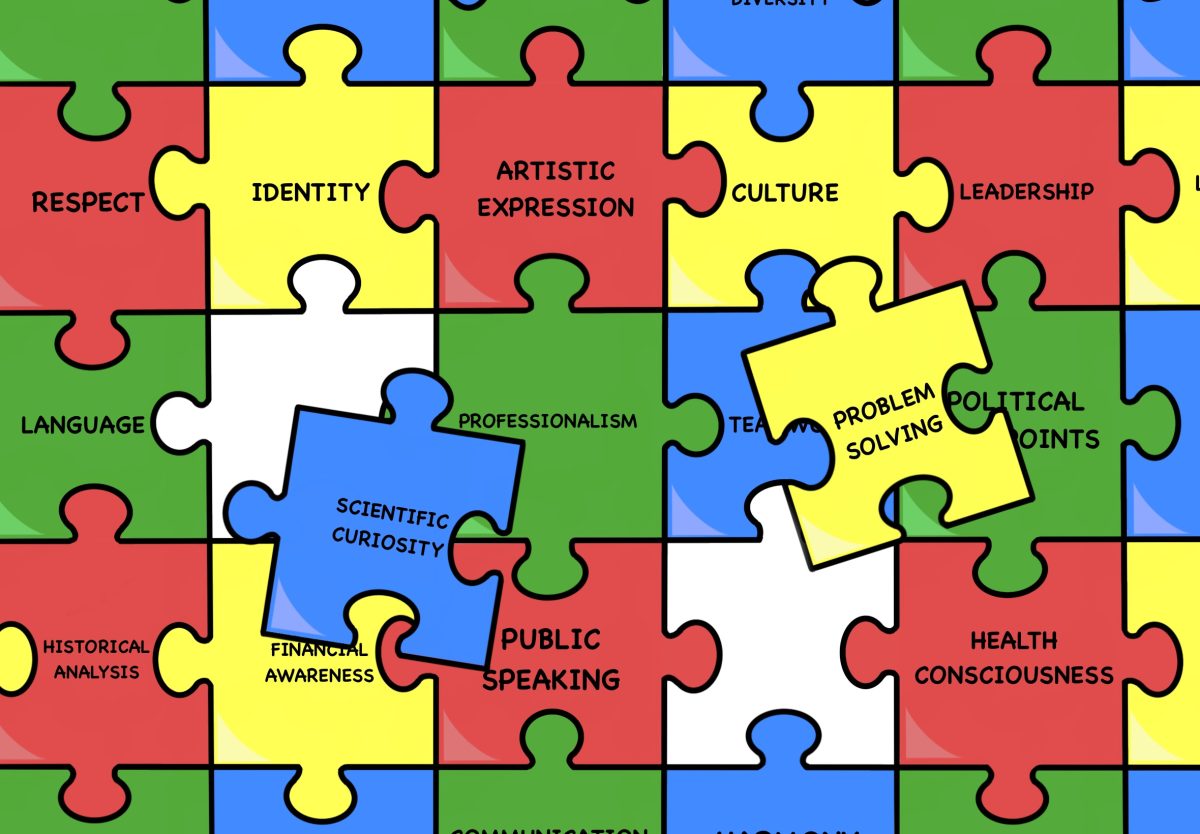Korean K-pop artist Taeyang released a song a few years back titled “Only Look at Me.” The lyrics were written by songwriter Hong-Jun Park who is also known by his stage name of Teddy Park. The chorus in English roughly translates to:
Even if I cheat on you/ Don’t you ever cheat on me, Baby/ Even if I forget you/ Don’t you ever forget me, Lady/ If once in awhile I don’t contact you/ and I go out for a drink/ Even if I meet another girl’s gaze/ You should only look at me.
I was enraged at the lyrics—who was this man/singer/lover to set standards for his significant other that he blatantly was not going to follow himself? What standard of ethics justified someone telling his or her lover that he could cheat on her but that she could not ever cheat on him? What angered me more was that the artist won an award for this song in Korea.
My friend provided me another perspective: the award was well-deserved because this song captured the cold, honest, and true feelings of someone in a relationship. He/She may be completely in love with his or her partner (hence the “Don’t you ever cheat on me”), but as a human being, is attracted to other people around them (hence the “Even if I cheat on you”).
What, then, does a song produced in a foreign country halfway around the world have anything to do with the Super Bowl this year? The Super Bowl commercials, which I appreciate more as an international student who has yet to understand the significance of football, this year focused on social issues such as domestic violence and childhood accidents. These commercials, bringing awareness to issues we as a society need to address, obviously received well-deserved appreciation. The question is, then, what role should the media play in terms of morality? Should media produce generally ethically-sound media or show the multi-faceted sides to an issue, as artist Taeyang did?
To play Devil’s Advocate here (perhaps this will give away my stance before I even start my persuasion process), society’s moral compass is constantly turning. The standard of what is good and bad, right and wrong is never holistically the same across cultures and time. Even with the religious aspect, the custom beliefs of what actions are deemed good and bad are, once again, different across cultures and time. If the moral compass never stops to point North but rather swings around a spectrum, would not most, if not all, media technically be ethically and morally sound since there is no set standard of morality and ethics?
What we forget sometimes is just how powerful media is, especially to our generation. Media, whether that be through social media, journalism, televised media, or even just music listened through Spotify, is a factor that is increasingly more influential on us. We have come to a point where it is not just us that influences what media is produced but the media we produce is also influencing who we are as individuals and a community.
The biggest example of this is the Amyotrophic Lateral Sclerosis Ice Bucket Challenge which, through media, raised over $100 million. It is a classic example of how we influenced the media (by participating in the Ice Bucket Challenge) and how that in turn influenced, or will influence us (by hopefully creating a world without ALS).
Media, however, can also negatively skew our perceptions about certain people and places. The prime example is that of the Middle East and North Korea. Because the world is becoming smaller to us than it physically is, we learn to breathe in stereotypes about certain countries and cultures without visiting them. Perhaps these stereotypes and information we know about certain countries are not completely falsified, such as North Korea. The government is definitely dictatorial and they most likely do have nuclear weapons. However there is much more to the country than one ruler. There are 24.9 million citizens of North Korea that we could be concentrating on, but the media skews our perspective to focus on the one ruler, Kim Jong-Un through their heavy coverage on him.
The Middle East and Islam have suffered great injustice when it comes to American Media. Acts of violence and terrorism have often been attributed to Islam, a religion of 1.6 billion adherents. Media channels with a vast audience fail to differentiate between correlation and causation, ultimately leading their audiences to have an uninformed and skewed opinion. This idea manifested itself on Furman’s campus through the most recent CLP, Understanding and Misunderstanding Islam, where the majority of the questions for the panel speakers hinged around the correlation between Islam and terrorism. It takes no more than a simple conversation or a few minutes of proper research to realize that Islam does not promote terrorism, just as Christianity does not promote slavery, the Crusades and other horrendous acts that Christianty was used to justify in the past. It would be hypocritical to generally condemn a whole faith group, without having condemned others who could also be seen as guilty of the same crime.
The media is not only widening the gap between peoples and cultures by creating a superficial “us and them” divison, but it is also harvesting deep hatred and resentment on both sides, making the possibility of reconciliation drift further and further away from reality.
Consider this, then: if the idea of good and bad is relative to culture and time, it means that it can be shifted to a certain degree. Media is very powerful and can change said idea of good and bad. Shouldn’t such a powerful form be used to drive us toward a future that we want to live in? Shouldn’t we use media to attempt to create a utopian society for the future? Some may consider this idea absurd and overly-optimistic. Think what you may, but without thinking optimistically we will never reach an optimistic world. Likewise, if we do not use media to try to gear our moral standards to where we want them to be, we will never live in such a society.


























